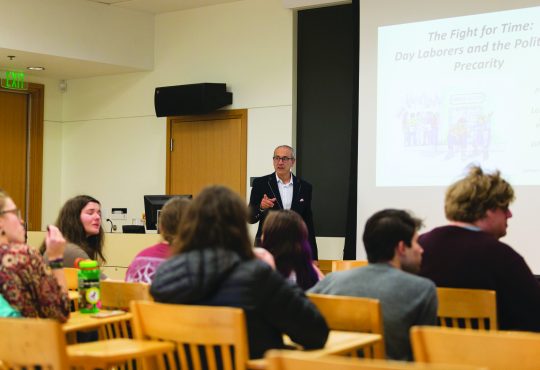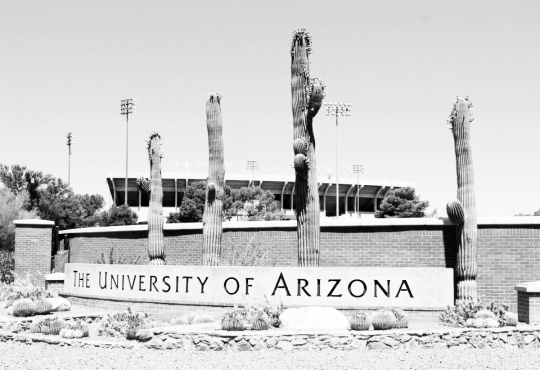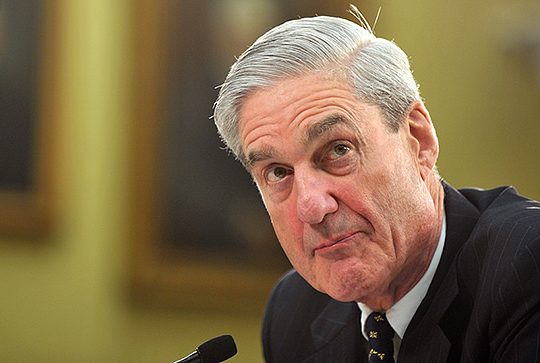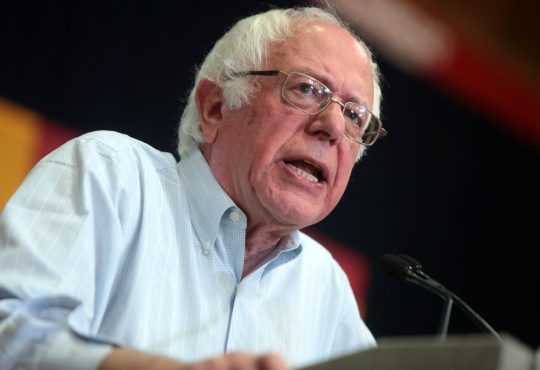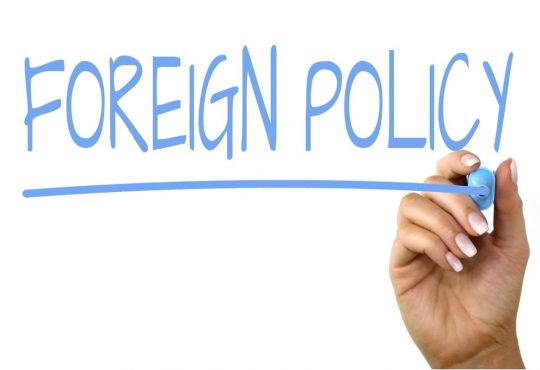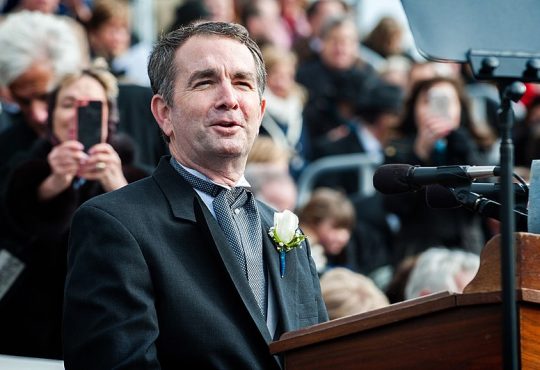Why a bad deal is better than no deal: US will be forced to make concessions with Iran, and should
Since the Iranian Revolution in 1979, relations between the U.S. and Iran have been incredibly hostile. The recent Interim Nuclear Agreement between the U.S. and Iran has sparked a lot of worldwide discussion, though many have misinterpreted what exactly the interim deal states. The first thing to point out is there actually is no signed deal. All that has happened in the last month was the creation of a framework agreement, which basically means there is an agreement to agree on something this summer.
The interim agreement loosely states that Iran must reduce its number of centrifuges (the machines needed to create enriched uranium that is utilized for both energy production and weapons), reconvert their reactors so they can’t make plutonium, and allow for additional inspections of Iranian facilities in general in exchange for a lift of certain sanctions placed on the country by the U.S., the UN and some European countries.
The framework agreement goes on to say that once the U.S. sees progress in Iran, the U.S. and other countries will lift some of their sanctions. The problem is, Iran wants immediate sanction relief the instant the deal is signed and sealed since the U.S. has imposed extremely taxing sanctions since 1979 for things such as state sponsored terrorism and nuclear activities in Iran, which have hurt Iran’s economy big time.
The UN also imposed sanctions, which have hit Iran hard. Lifting the sanctions would mean more opportunities for investment, travel and an overall improvement of people’s standard of living in Iran. Therefore, it makes sense that Iran would want the sanctions lifted right away, but the problem is that the U.S. still doesn’t trust Iran, and Iran doesn’t trust the U.S. The good news is the Iranian government seems to be in support of implementing some type of framework. The Supreme Leader of Iran, Ali Khamenei, will be the ultimate decider on whether or not a deal will be acceptable.
Kelly Erickson in the Politics and Government Department at the University of Puget Sound asserted his view of the interim agreement.
“To ink a deal in June, a lot more concessions will need to come from the U.S. If the President is playing for the history books and he believes this will transform Middle East politics, he may make those concessions. My sense is there will probably be a deal but it wont be a great deal,” Erickson said.
Erickson believes a good deal should have intrusive inspections and should cover military facilities where weapons research is suspected, not just the declared nuclear facilities; however, Iran has been very assertive in letting the U.S. know it will not allow the nation to inspect certain areas, which is obviously a huge problem for the U.S. Most political scientist seem to agree that this is the closest Iran and the U.S. have come to coming to an agreement about reintroducing Iran as a global actor.
Patrick O’Neil in the Politics and Government Department at the University of Puget Sound strongly believes a bad deal will be better than no deal.
“Yes, a bad deal would be better than no deal because a bad deal you can make better. You can work with a bad deal because it would allow us to have some influence over their bomb making capacity but if you have no deal you just let them continue on their way. It is better to have leverage than no leverage,” O’Neil said.
Professor Erickson believes that no deal would be better than a bad deal because a bad deal might allow Iran significant sanction relief, which Iran can use to finance other policies that the U.S. opposes, such as supporting the Assad regime in Syria and Hezbollah.
At the end of the day, there is absolutely nothing the United States can do if Iran wants the bomb. The knowledge is out there and they have the ability to try; however, the Supreme Leader has mentioned verbally that it is against Islam to acquire a bomb that has the power to kill massive amounts of people.
So, where does that leave us? I agree that a bad deal would be better than no deal because a bad deal can be improved upon for years to come. Even if the deal isn’t exactly what both sides want, it is historic in the fact that this is the most communication between Iran and the U.S. since the revolution.
Another major misconception in the news is that because of this deal, relations between the U.S. and Iran will be improved immensely, which is extremely false. While many young people in Iran and the U.S. are excited about the idea of a civil Iran and U.S. relationship, Iran is not going to look any different in terms of politics or personal freedom, as O’Neil pointed out. O’Neil also pointed out that we will not be able to have normalized relations with Iran—in other words, we will still be enemies but we will be enemies who have a nuclear deal together. The Iranian regime is not going to be undermined by this coming deal. Concessions are going to have to mainly come from the U.S.
So, the world is not going to look any different in terms of politics or social issues in Iran and the United States no matter what the media is saying. Iran is still an authoritarian regime that has a history of resentment towards the U.S. and its allies. Sanction relief would mean a lot to Iran’s population and Iran’s ability to assert their power in the Middle East.
We have to see how much the U.S. and Iran are willing to give in before the dotted line can be signed. Again, a deal is likely to be signed this summer, however, the strength of that deal is going to be determined by how cooperative each side is willing to be. With the given history between the U.S. and Iran, it is probable that a bad deal with less intrusive inspections and slower sanction relief may be what the future holds for the U.S. and Iran. I believe that this deal has the power to be extremely historical and powerful, as finally, the U.S. and Iran are opening up the space for a dialogue.

